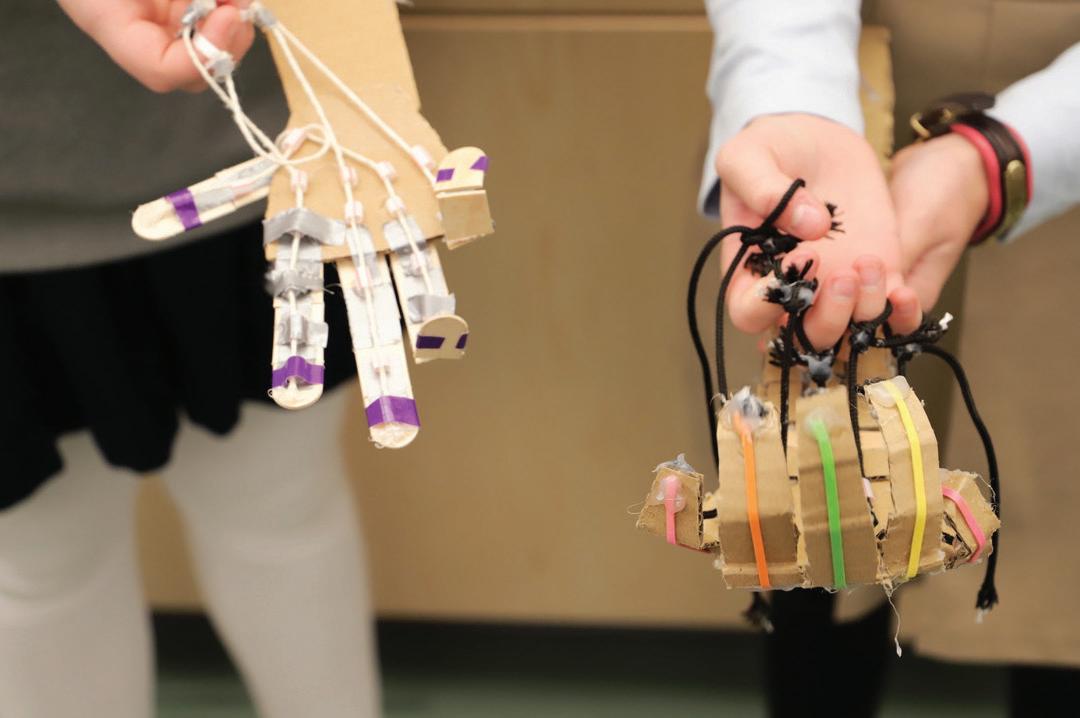
6 minute read
Grade 6
Grade 6 at Far Hills
English
In Grade 6 English, students continue their in-depth study of literature and writing through reading and writing groups, literature analysis activities, writing projects, and leading group discussions. Beginning with the novel in verse, The Crossover, Grade 6 students study narrative poetry pieces, eventually writing an original narrative poem. Students are exposed to a wide range of literary genres. The first unit of study, the dystopian novel, uses The Giver as its anchor text. This unit includes a discussion of community and the power of memory. Students also read Where the Mountain Meets the Moon and write a fairy tale of their own. The year concludes with an introduction to historical fiction and the Great Depression through the novel Echo Mountain. Students continue to use the writing workshop method to write more in-depth and sophisticated pieces throughout the year.
History
The Grade 6 History course introduces civics and offers a broad overview of American history and government. Students study significant political, social, cultural, and economic developments, developing an understanding of how the government works and the Bill of Rights. Topics covered include the colonial era, the American Revolution, the early republic, democracy, expansion of the nation, growing differences between the North and South, and the Civil War. In addition, students examine how the notions of liberty, equality, freedom, and democracy emerged and evolved throughout history and affected the lives of all Americans.
Math
Grade 6 math focuses on expanding students' number sense. Students study ratios, rates, and proportions, emphasizing these critical concepts' essential mathematical and practical applications. Building from this unit, students also grow their thinking about ratios to develop a strong sense of percentages and their uses in the real world. Students explore negative numbers in class in real-world contexts and expand their conceptual understanding of the number system. Measurement conversions, representing shapes on the coordinate plane, and investigating circle properties, circumference, and area continue to develop the students’ geometric foundation. An introduction to algebraic expressions paves the way for the transition to algebraic reasoning and more abstract thinking as students develop their mathematical skills in Upper School.
Science
Grade 6 science immerses students in the world of living systems. Learning what living organisms do, what characteristics they share, and how life is sustained builds awareness of some fundamental similarities—as well as some remarkable differences—in the patterns of species’ survival strategies. The study of the structure and function of organisms begins by focusing on their levels of organization. Cells, tissues, organs, and organ systems are presented, and their actual relationships are described. Subsequently, Students study representative individual organ systems depth. By understanding the structure and function of the human body in considerable detail, students grasp our connections with the natural world and our dependence on its resources.
Spanish
In Grade 6 Spanish, students begin to read authentic Spanish sources, such as magazines and websites. Students develop oral communication skills by using the verbs “ser/estar,” “tener,” and “gustar.” The present progressive tense and noun/adjective concordance are the target grammatical structures that are reinforced. By the end of the year, students can talk about their favorite hobbies, likes and dislikes, family members, and foods with relative fluency. Grade 6 students complete the “Nuestra serie de televisión” project. Students write, film, and edit their TV shows in Spanish by synthesizing all of their learning from their Grade 5 and Grade 6 language experiences.
Latin
Grade 6 Latin encompasses the second half of Unit 1 of the Cambridge Latin Course. Students continue their study of the Latin language by returning to the world of Caecilius and his family, focusing
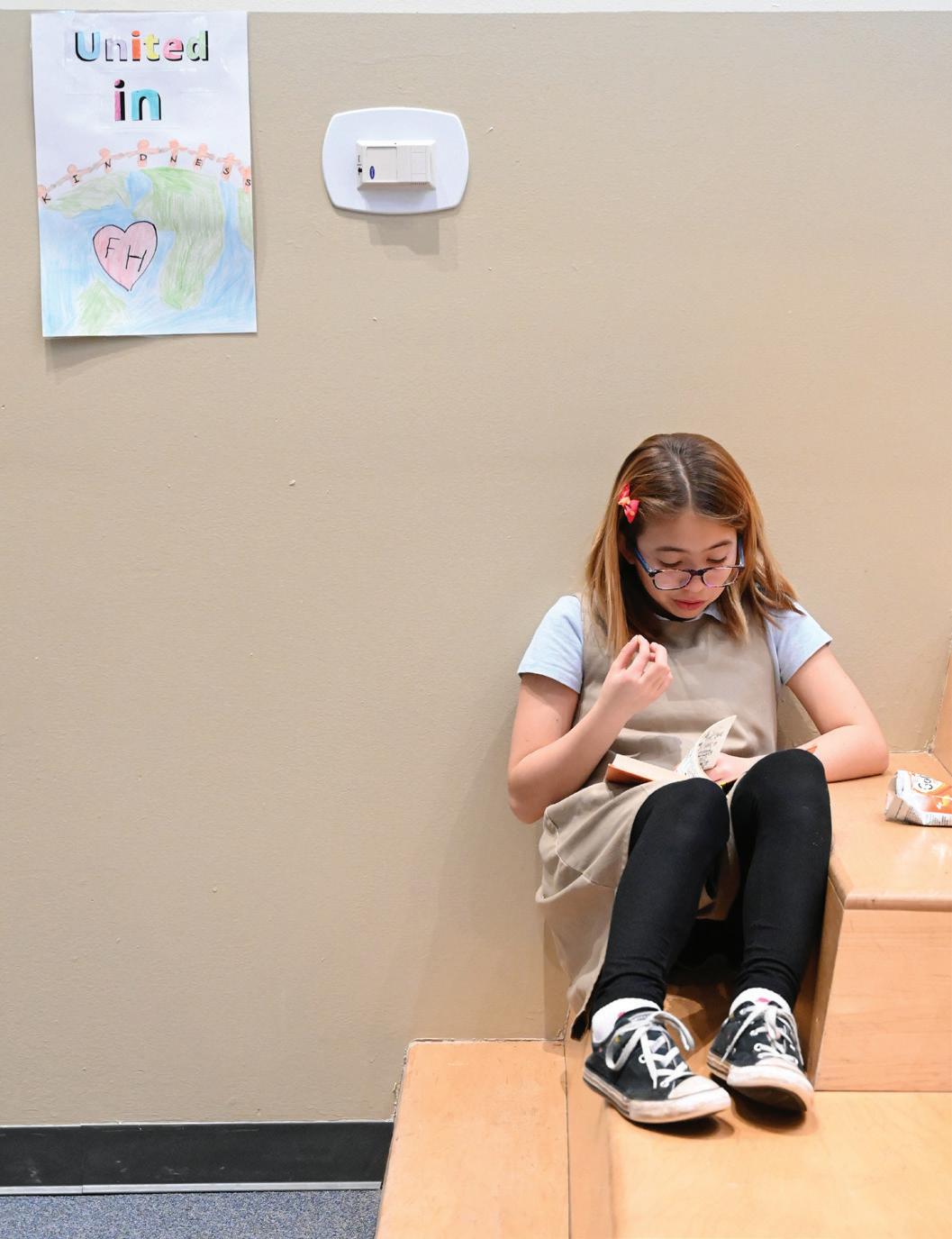
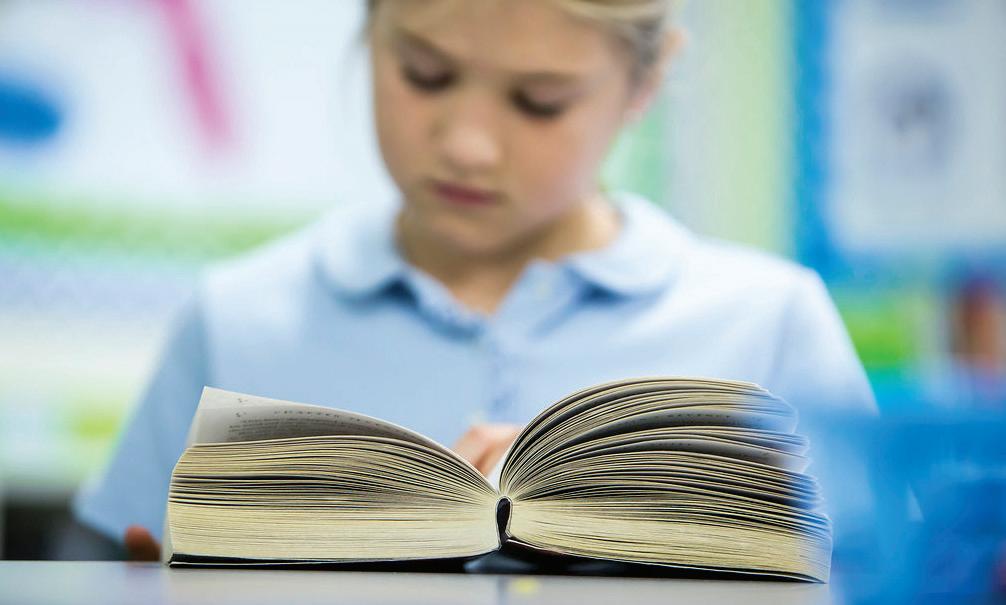
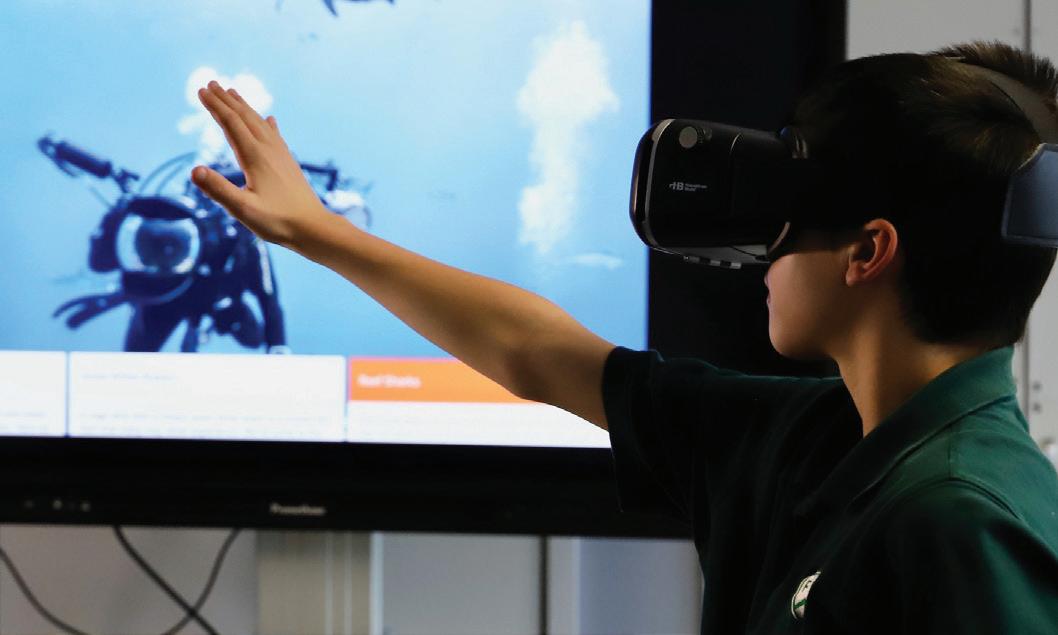
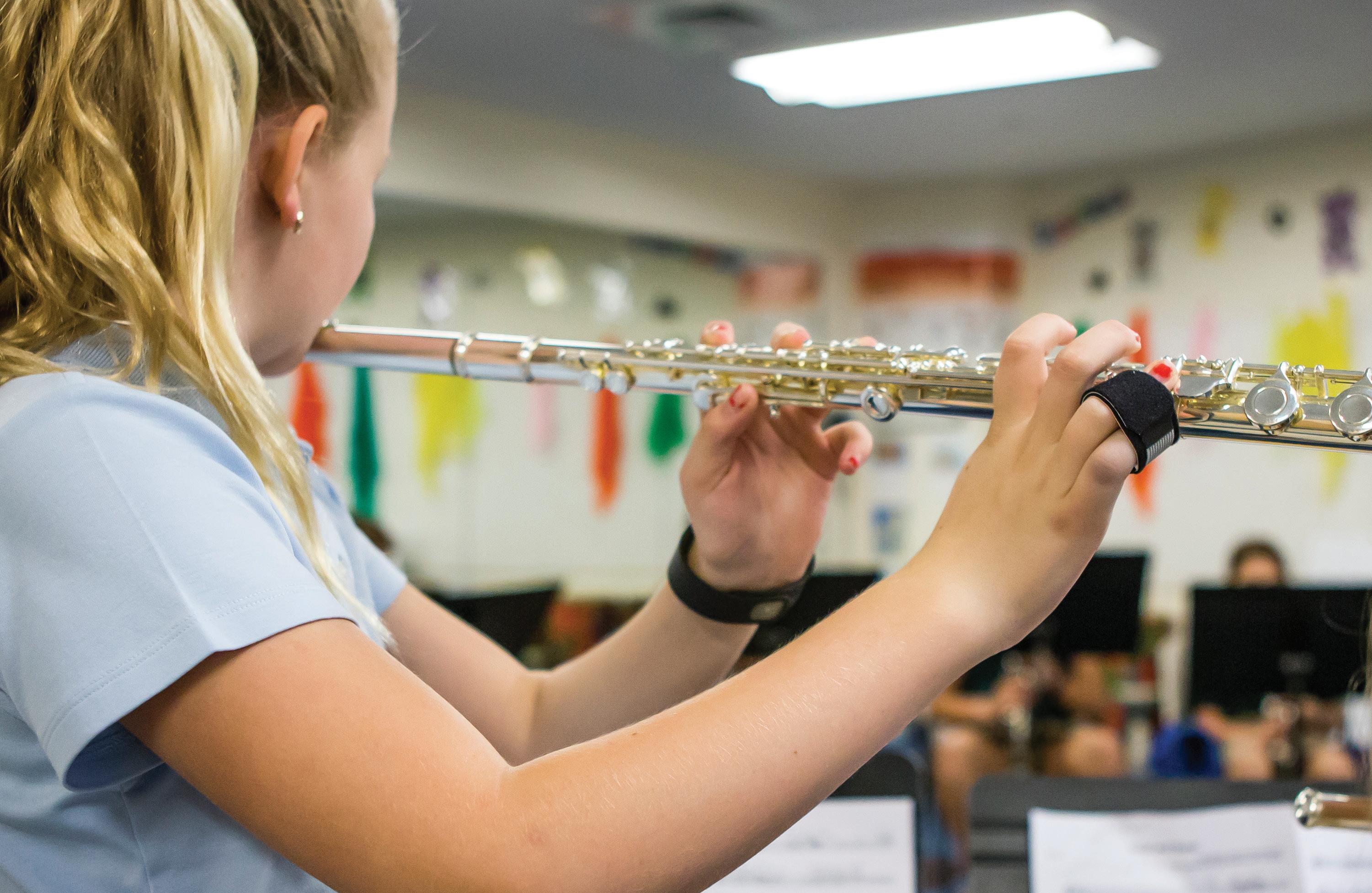
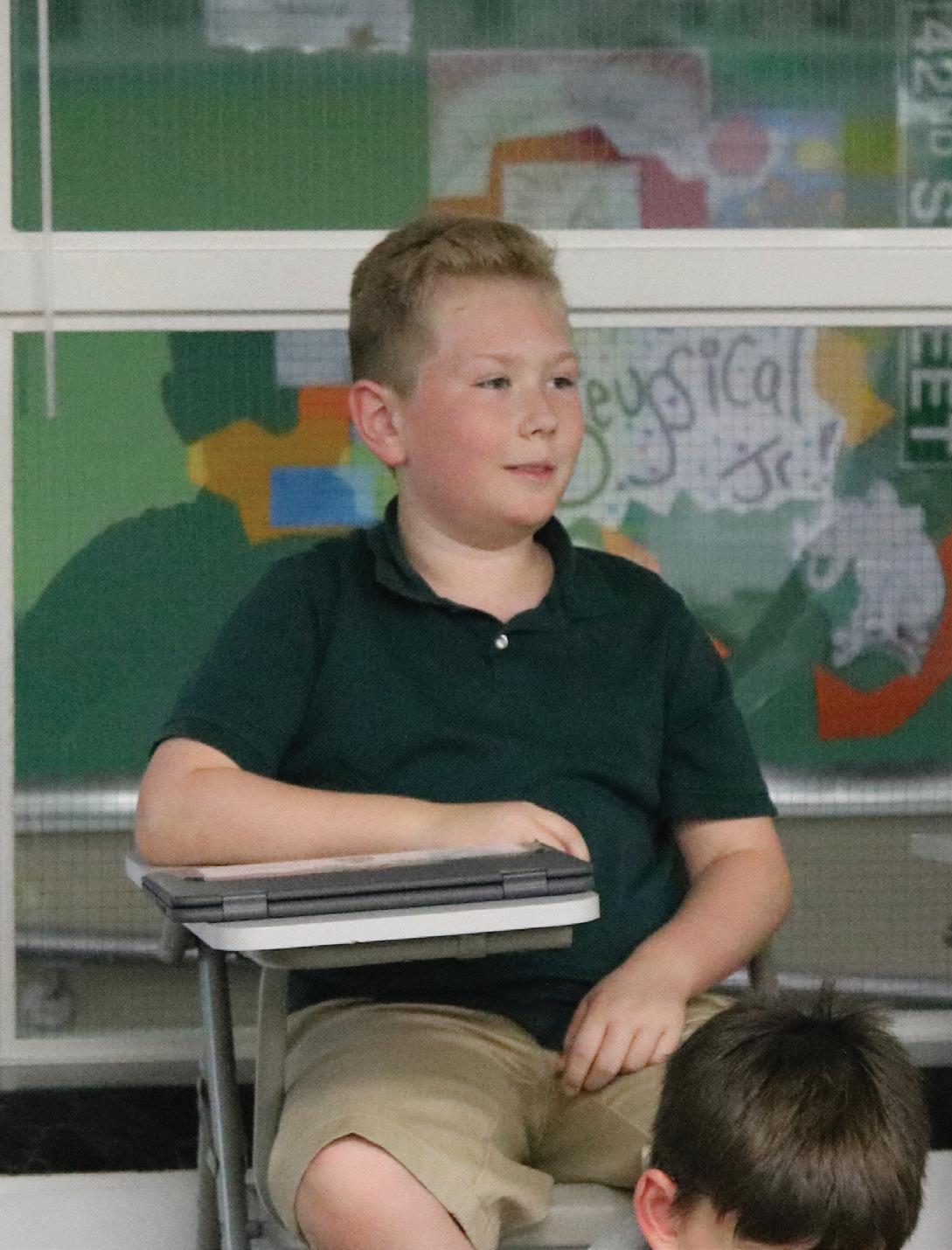
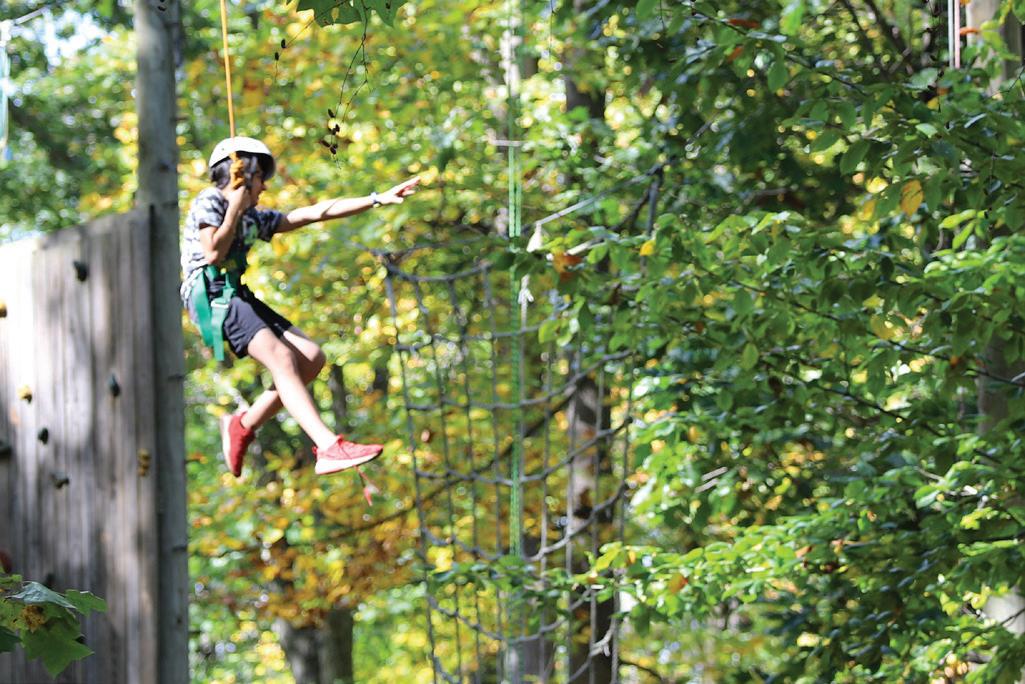
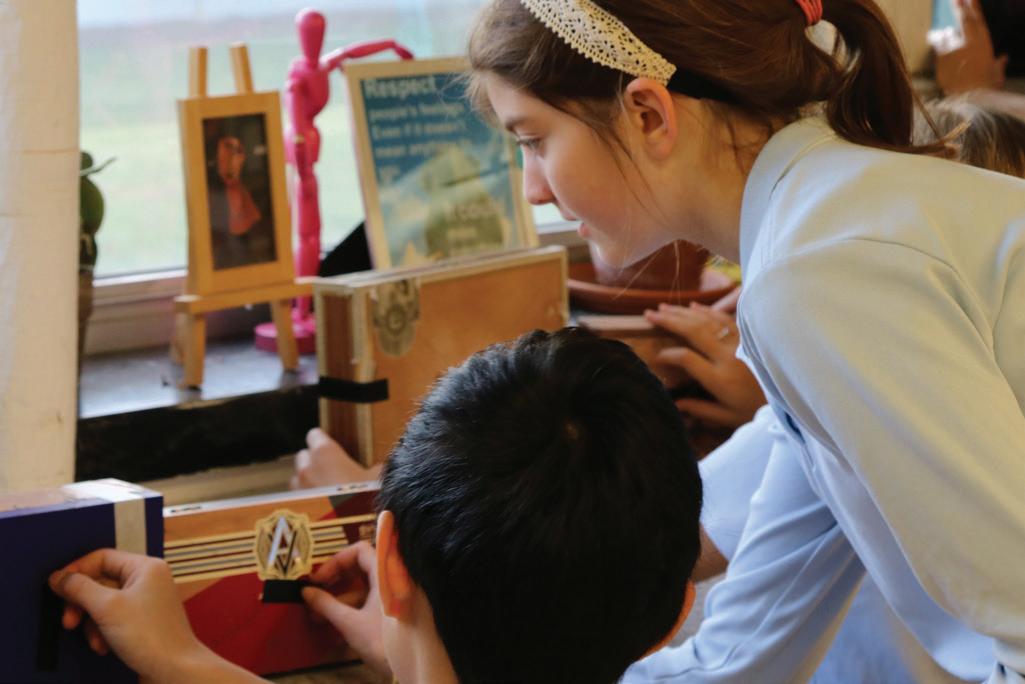
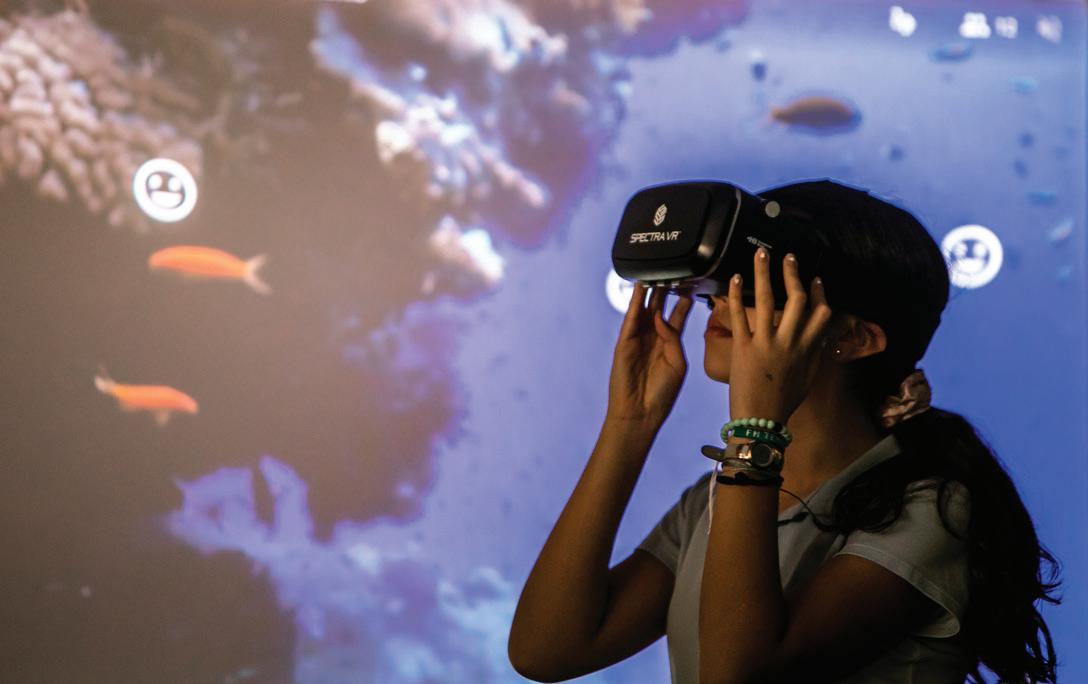
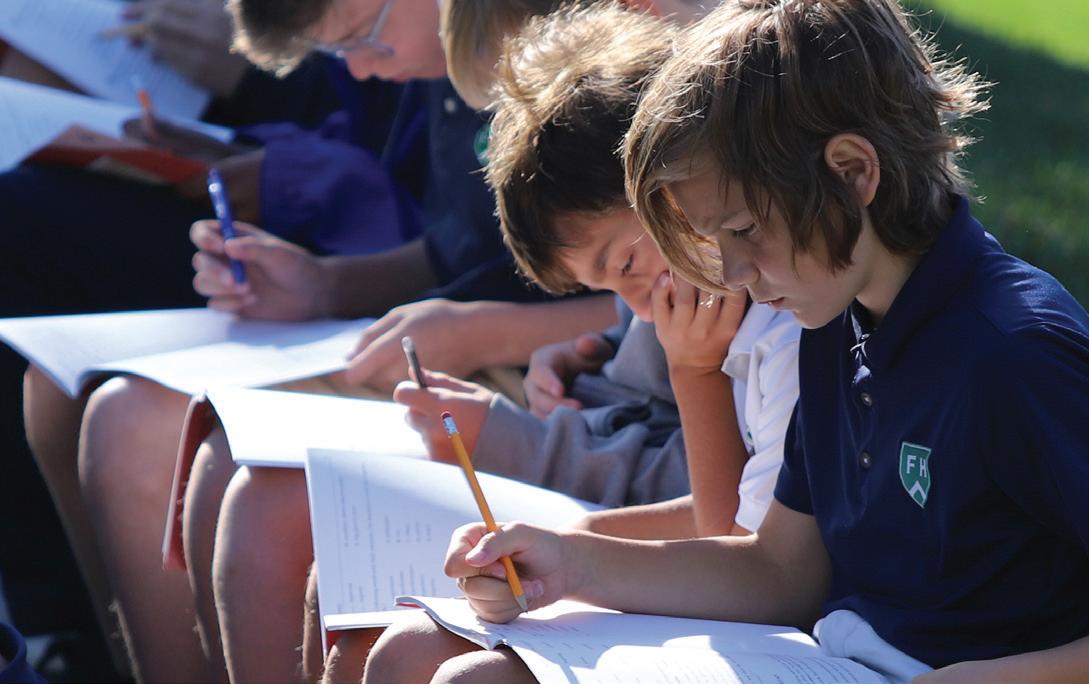
on education and what school was like 2,000 years ago. The eruption of Mt. Vesuvius and its catastrophic impact on the ancient world are studied at length. Linguistically, students master the three most common verb tenses (present, imperfect, and perfect) in all persons and the most foundational of noun cases (the nominative, dative, and accusative). Grade 6 students complete the “Crea Deum” project. Students synthesize what they have learned about the ancient Greek and Latin pantheon by designing a new god or goddess that fits in with all the rest. Powers, relationships, and personality traits must all be thematically sound in the realm of mythology.
Music
Grade 6 Music explores our nation’s history by listening to and examining famous songs of the Union and the Confederacy. As students learn what role music played in the Civil War, they can connect this with their study of American history. Grade 6 musicians continue to compose and perform music using traditional classroom instruments, Chromebooks, and keyboards in the Keyboard Lab. In addition, students continue to practice vocal music and singing on pitch with proper posture, in the classroom and at our formal concerts.
Visual Art
Grade 6 Art class has several crosscurricular connections with Science class. Students explore the process of traditional black and white photography using only a pinhole camera (no film) and everyday household items to develop and capture their images successfully. Cameras are made from found objects and completely made from scratch.
Students also study the human eye when they learn about optical illusions. They create hand-drawn optical illusions that create a sense of depth on a flat surface. Illusions are then displayed on a 3D cube which is constructed by hand.
Learning and Design
Grade 6 students continue to advance their skills with all Google tools to develop organizational strategies for success. Working with Forms is added to the repertoire of their skill set. Digital Citizenship lessons focus on digital identity and footprint and finding credible information on the internet. Students refine their research skills as they review how database queries differ from internet searches. Coding lessons increase with complexity as keyboard controls, conditional logic, and special effects work their way into the self-paced tutorials. Students can also choose to work in JavaScript or Python if interested.
Social-Emotional Learning
Grade 6 students continue to explore time management, teamwork, and curiosity. Having been guided by their advisors in Grade 5, students develop more independence in implementing strategies. Students are encouraged to create time management plans for long-term assignments to help them succeed. As students are given more choices in assignments during classes, they are expected to tap into their curiosity and connect with others who have similar passions and interests. These vital skills help them to grow as students and community members. Feeling confident in their ability to work on a team, manage long-term assignments, and follow personal passions by the end of Grade 6 allows students to enter the final two years of middle school poised for success.
Highlights of Grade Level Objectives
By the end of Grade 6, Far Hills Country Day School students will be able to: • write a strong introductory paragraph with the use of thesis statement, supporting details, and concluding sentence; • create a five-paragraph essay with the use of their strong introductory paragraph work; • students will provide evidence to support their arguments in writing; • understand the connections among the representational forms of fractions, decimals, and percents and use them to efficiently and accurately calculate percent of numbers; and • simplify numerical expressions using the order of operations and algebraic expressions using the principles of the Distributive
Property and combining like terms.










